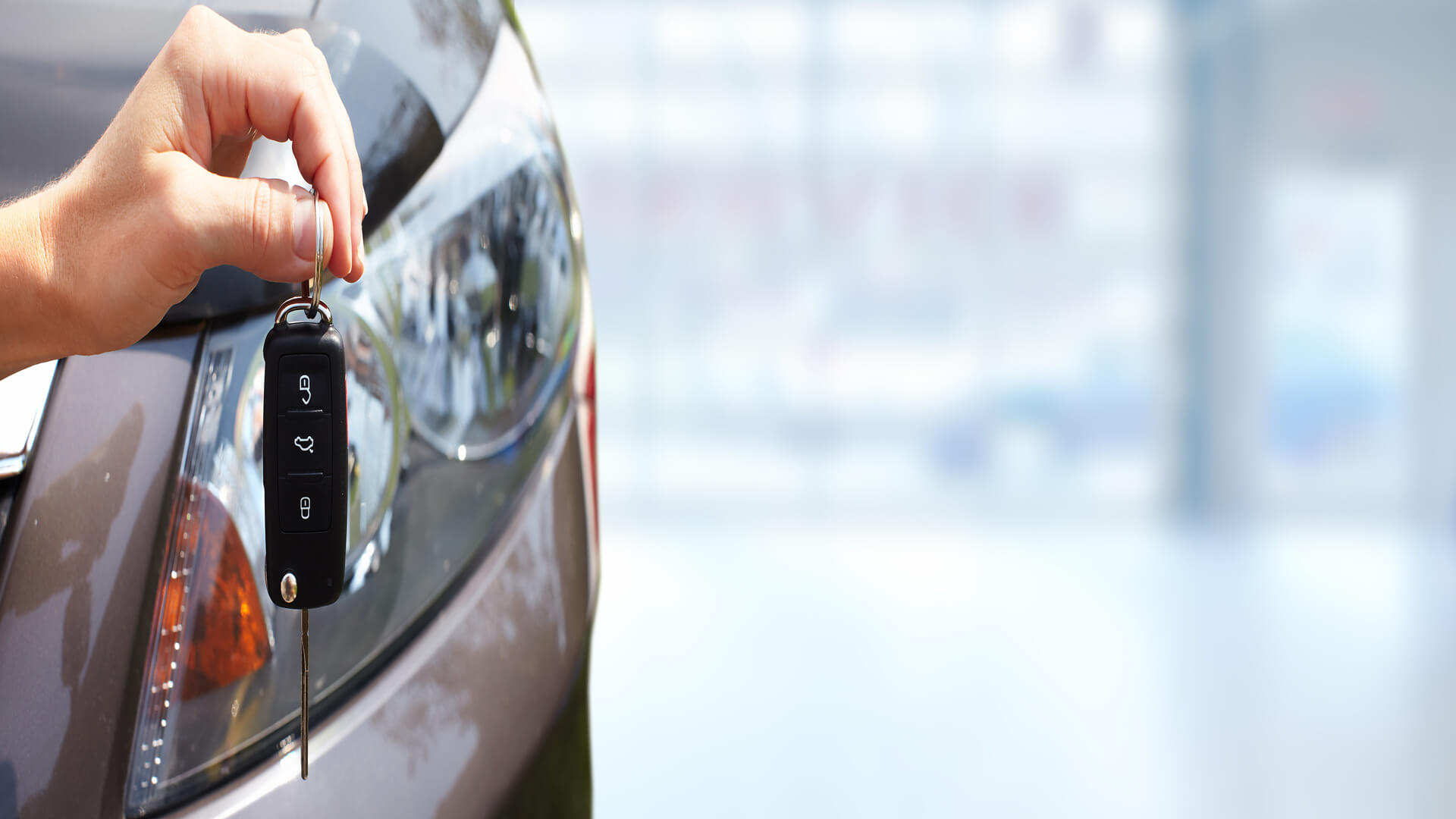Have Learner Drivers & Public Transport Avoiders Boosted Car Sales?
In what has been a turbulent time for the industry, car dealerships across the UK have been desperately trying to claw back car sales. To paint a statistical picture of the downfall, figures for new private car registrations dropped by 98.7% in April, the worst downturn in 70 years. Only 871 cars were registered, compared to 67,873 at the same time in 2019.
As the clock moved forward to July, the outlook started to look brighter, with sales up 11.3% compared to the same period in 2019—the first positive rise in 2020. In comparison to the negative downpour experienced in April, this is a turnaround in fortunes for an industry that had the uncertainty of Brexit to contend with before the global pandemic hit.
But what can the turnaround in sales be accredited to? Here we look at some of the possible reasons, beyond dealerships such as the Ford Oldham re-opening, as to why car sales are starting to put up a better fight against the economical battle to overcome the global pandemic.
Cars look to be in the driving seat
Up until July 17, the government message on using public transport was simple—avoid it if possible, and use other transport methods such as cycling, driving and walking to get from A to B, especially work.
It was a government message that resonated with the public too, with phone data analysis from Centre for Cities revealing that only a handful of workers were commuting into the UK’s big cities towards the end of the first lockdown—despite attempts from Boris Johnson and Transport Secretary, Grant Shapps, to encourage people to use trains and buses again to travel to the office.
A survey of 2,000 drivers conducted in July by Green Flag also found that 62% of respondents were going to avoid public transport where possible, while around a quarter of all commuters surveyed said they were going to consider a new mode of transport where social distancing was easier to achieve.
The knock-on effects of avoiding public transport can arguably be seen in July’s figures for car sales. The near 80,000 cars sold compared to just over 66,000 sold in 2019 sparks a sense of intrigue in terms of breaking down the increase. While one explanation could be the “disappearance” of Brexit over the course of the year, the other could well be the fact driving offers a greater sense of security when commuting—at least in terms of limiting the number of people you come into contact with on a daily basis.
Despite July’s resurgence, August’s figures show another downturn in sales with a 5.8% decrease. 2019’s figures of 92,573 in 2019 have been followed by 87,226 in 2020. This could well be down to the government’s message on using public transport changing from “no” to “go”.
But, more seasonally, new car registration plates come out in September, with August sales for new cars often lower for this reason.
Are learner drivers on course to help the industry?
Another hot topic to consider when looking at why car sales bounced back in July, beyond dealerships re-opening, is the fact learner drivers could take lessons and tests again to get on the road independently. The four-month hiatus that finally ended on 4 July for lessons and 22 July for tests no doubt sparked a reaction between consumer and retailer.
July’s new car ‘best sellers’ list shows that a vehicle—which is often connected to being a new driver—is at the top of the list. It’s interesting to see sales for the Vauxhall Corsa performing just beyond the Ford Fiesta—the car that tends to always be the most popular among new drivers.
A quick look into August’s Best Sellers list and the Ford Fiesta was back on top spot for the most sold car, but much like the Vauxhall Corsa, it can be a favourite among people who’ve recently passed their test. The fact that popular first-time cars were still being sold is a good thing.
With learner drivers chomping at the bit to pass their test and get a new or used car to call their own, it could be a case of perfect timing for the industry. It will likely take some time for everyone to feel comfortable on public transport, and while in the past learner drivers may not have gotten a new set of wheels straight away, the pandemic will possibly encourage them to do just that.
Hopefully, if driving tests can resume soon without further disruption, the hundreds of thousands of people who were learning to drive when the virus surfaced may well provide the perfect solution for a further spell of recovery.







